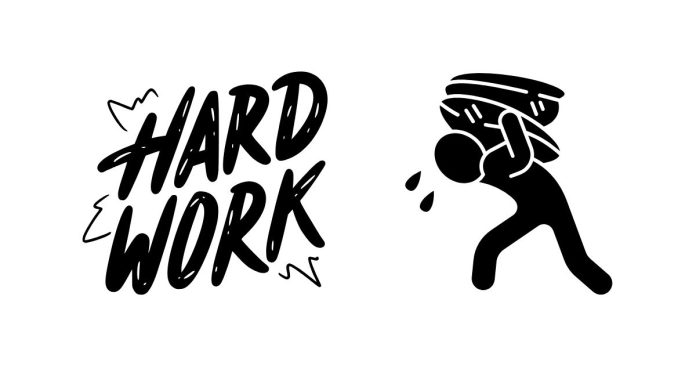If you’ve ever found yourself questioning which phrase to use—“The hard work paid off” or “The hard work pay off”—you’re not alone. This is a common area of confusion in English, and understanding which one is grammatically correct can help you express yourself more clearly. So, which one is right?
In this blog post, we’ll explain the difference between these two phrases, why one is correct, and offer tips for ensuring proper usage in your own writing and conversations.
The Correct Phrase: “The Hard Work Paid Off”
The correct phrase is “The hard work paid off.” This expression is in the past tense, which is appropriate because it refers to a completed action or result. When you say that the hard work paid off, you’re indicating that the effort you put in has yielded positive results, and those results have already happened.
For example:
- “After months of studying, the hard work paid off when I passed the exam with flying colors.”
- “His dedication to the project paid off, as the team met all their goals.”
The key here is that the action of “paying off” is something that occurred in the past, and the results are now evident.
Why “The Hard Work Pay Off” is Incorrect
On the other hand, “The hard work pay off” is incorrect because the verb “pay” should be in the past tense to align with the subject “the hard work.” In English, the past tense of “pay” is “paid.” When you use “pay off” in this sentence, it doesn’t match the tense properly and creates a grammatical error.
If you were to use this phrase in the present tense (talking about something happening right now), you would need to adjust the sentence structure. For example:
- “The hard work will pay off” (future tense)
- “The hard work pays off” (present tense, meaning it has consistent positive results)
But in the context of reflecting on past results, “paid off” is the correct choice.
When to Use “Paid Off” vs. “Pay Off”
To help clarify, here’s a simple breakdown:
- “Paid off”: Use this when referring to a past event where hard work or effort led to a successful outcome.
- “The years of training paid off when she won the competition.”
- “Pay off” (present tense): This suggests that the results are ongoing or that something is happening now.
- “All of their effort pays off in the end.”
- “Will pay off” (future tense): Use this when talking about a potential result that will happen later.
- “If they keep practicing, their hard work will pay off in the competition.”
In conclusion, the correct form of the phrase is “The hard work paid off.” This past tense expression is used when discussing the positive outcomes of effort that have already occurred. By understanding the distinction between “paid off” and “pay off,” you can avoid common grammatical errors and communicate more effectively. So, remember to match your verb tense to the time frame you’re referring to—whether it’s past, present, or future!


